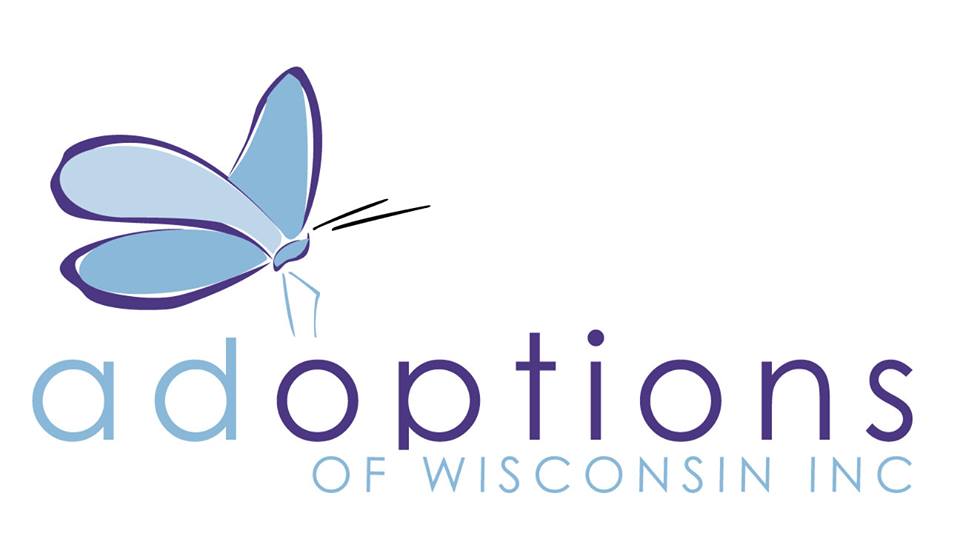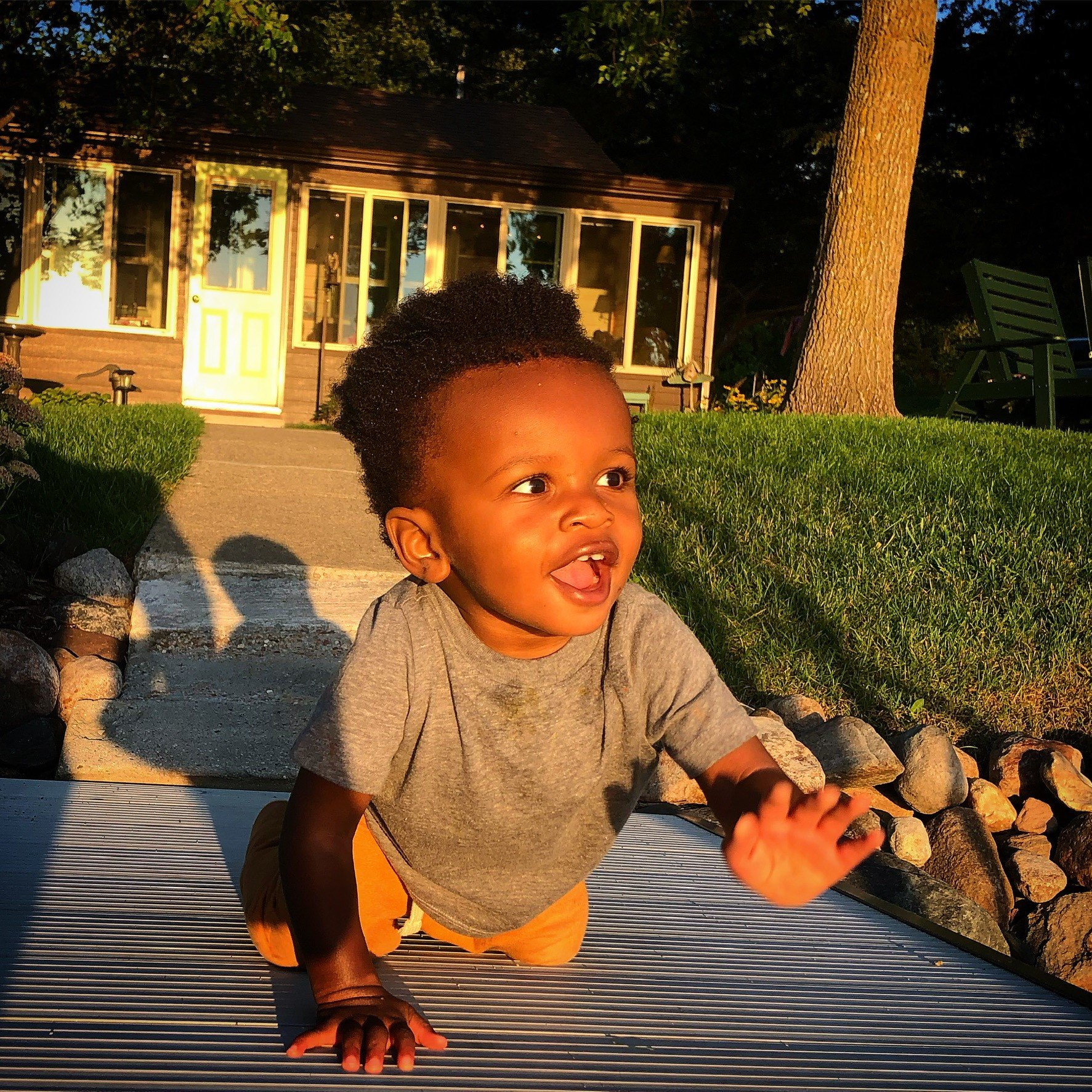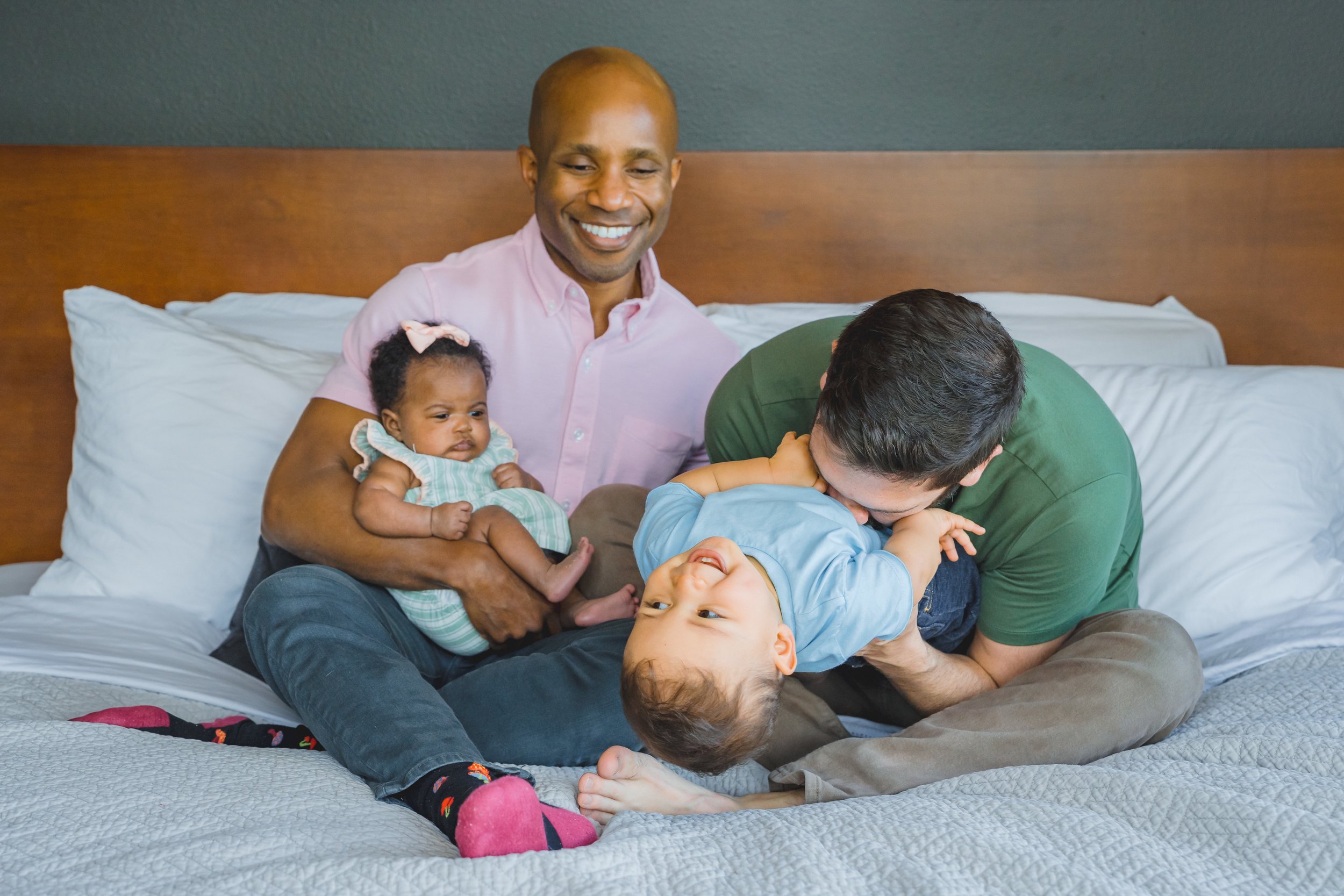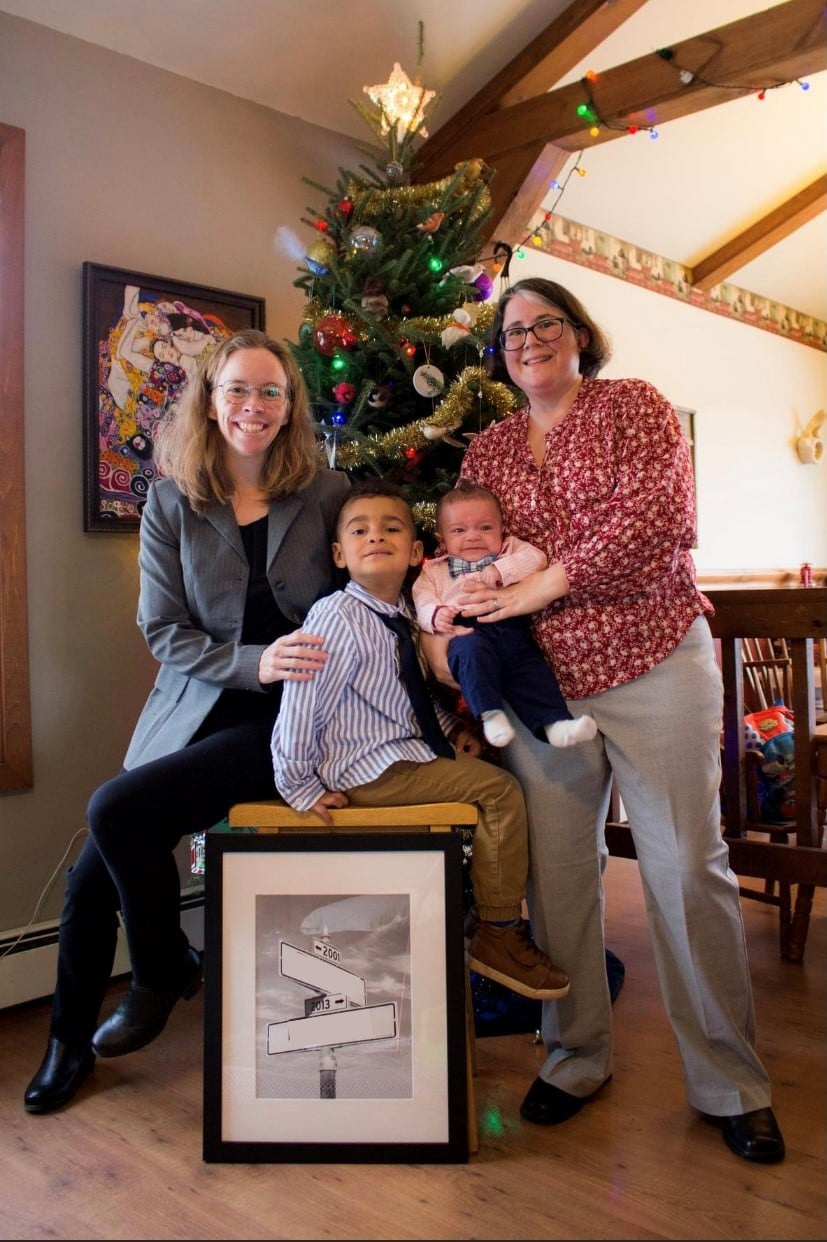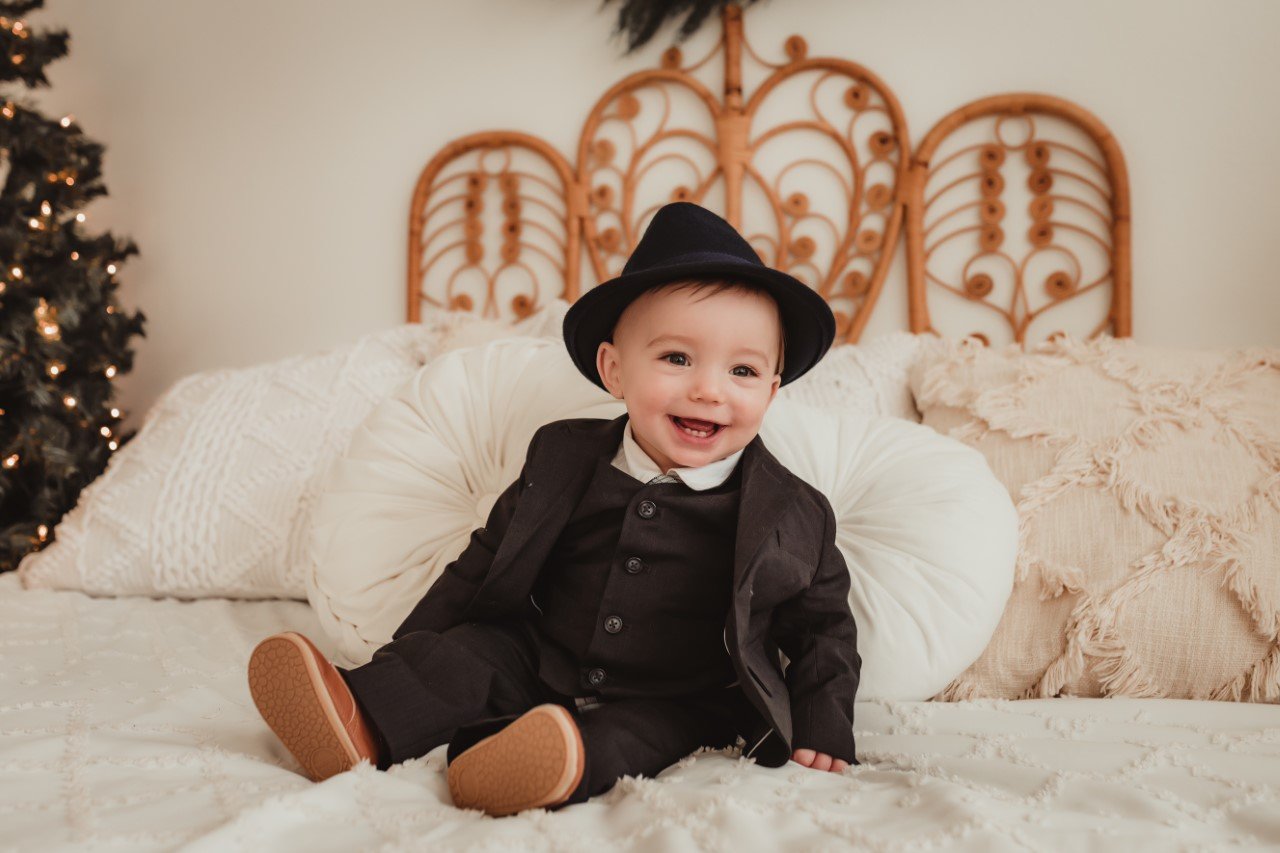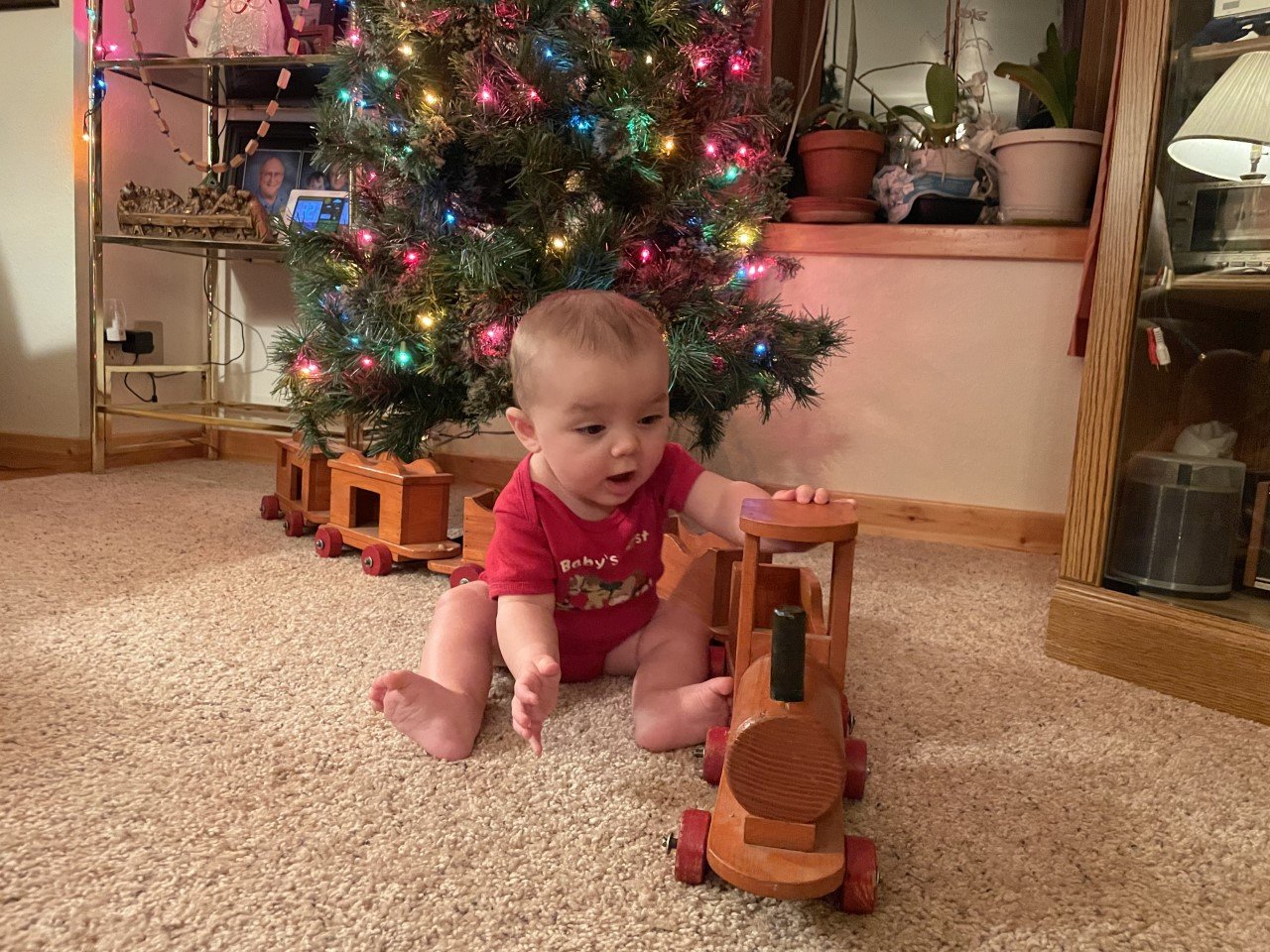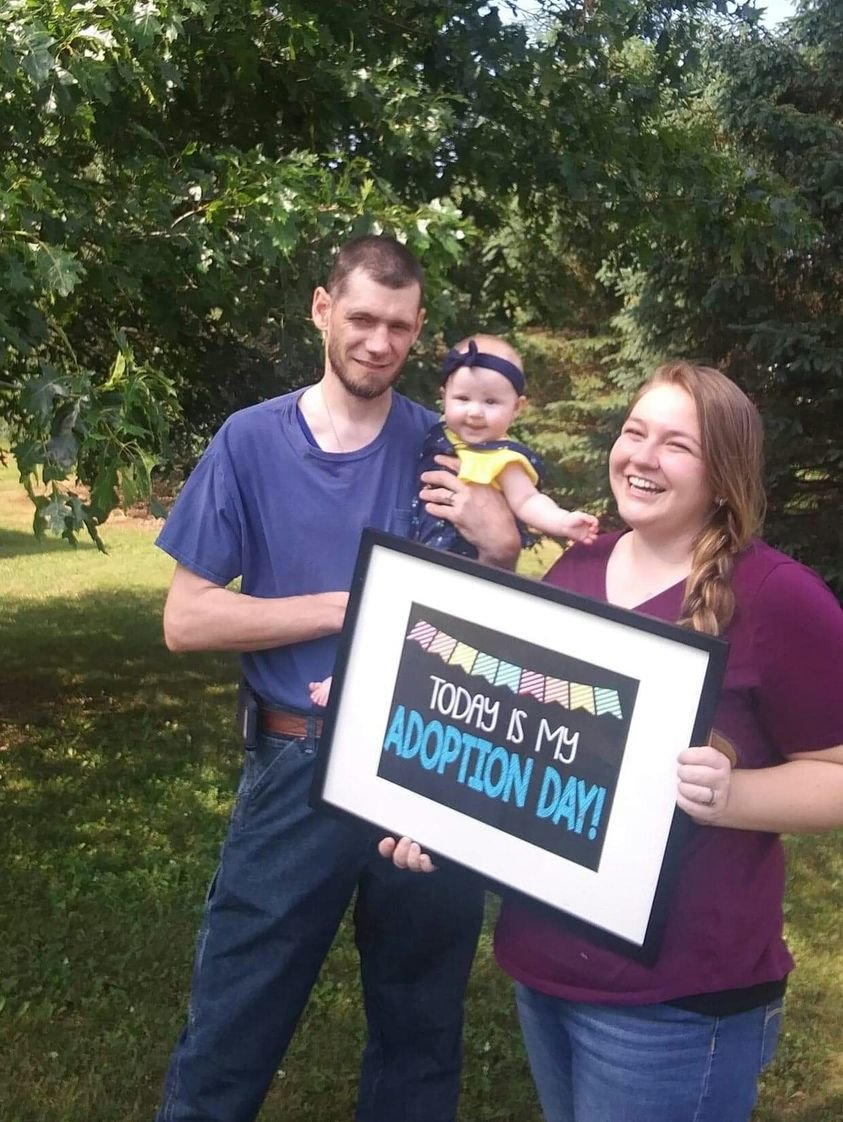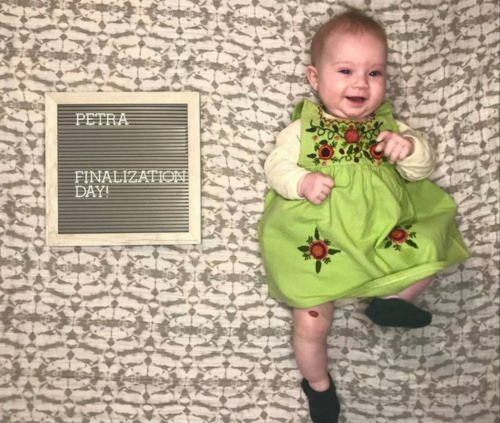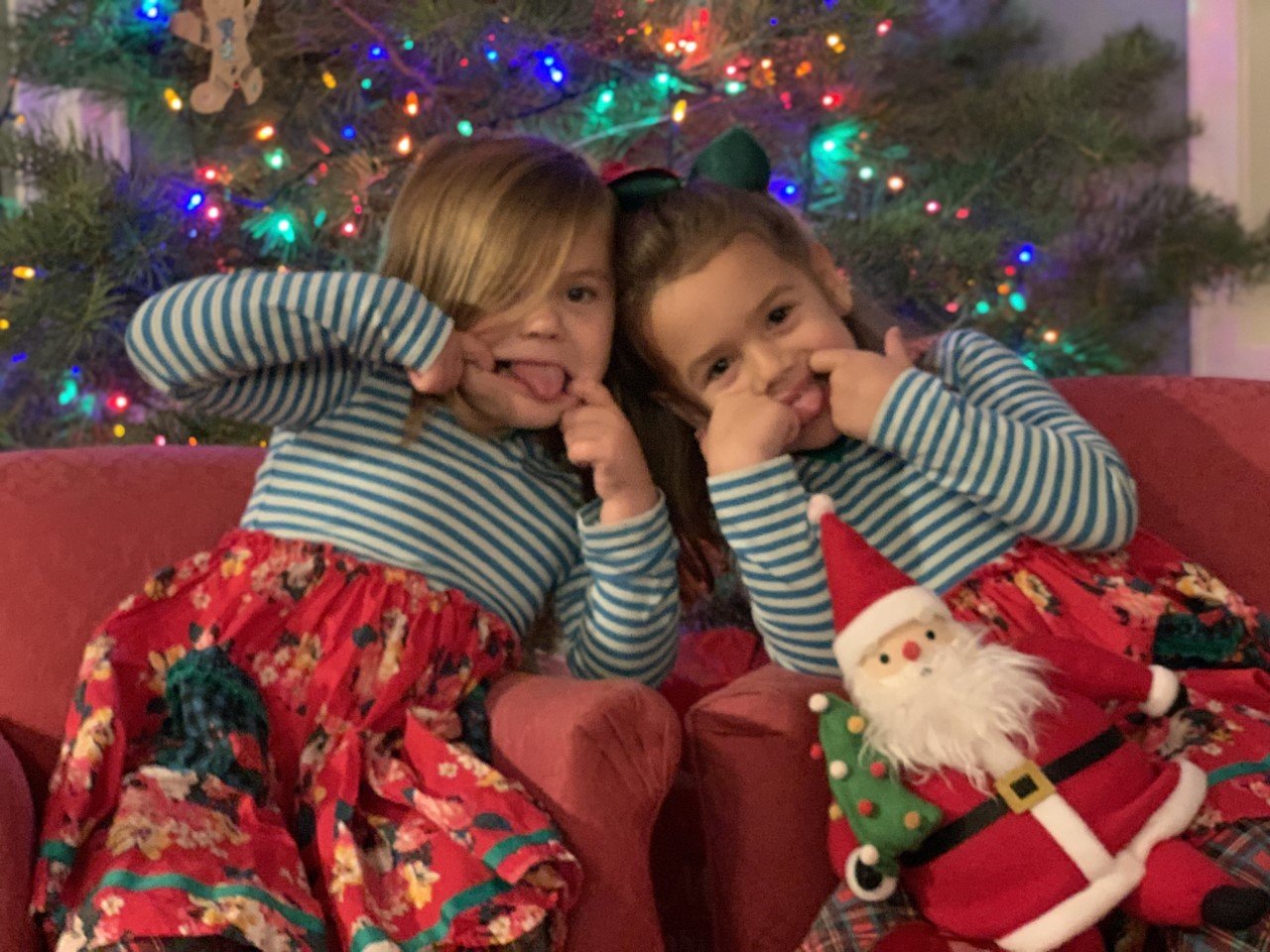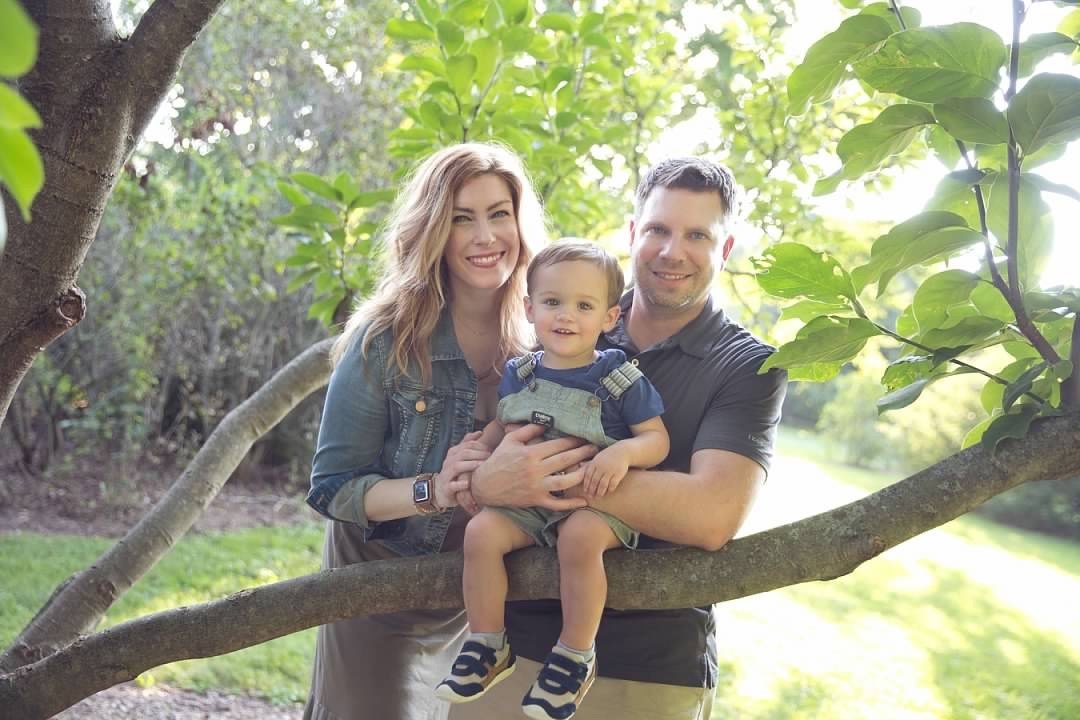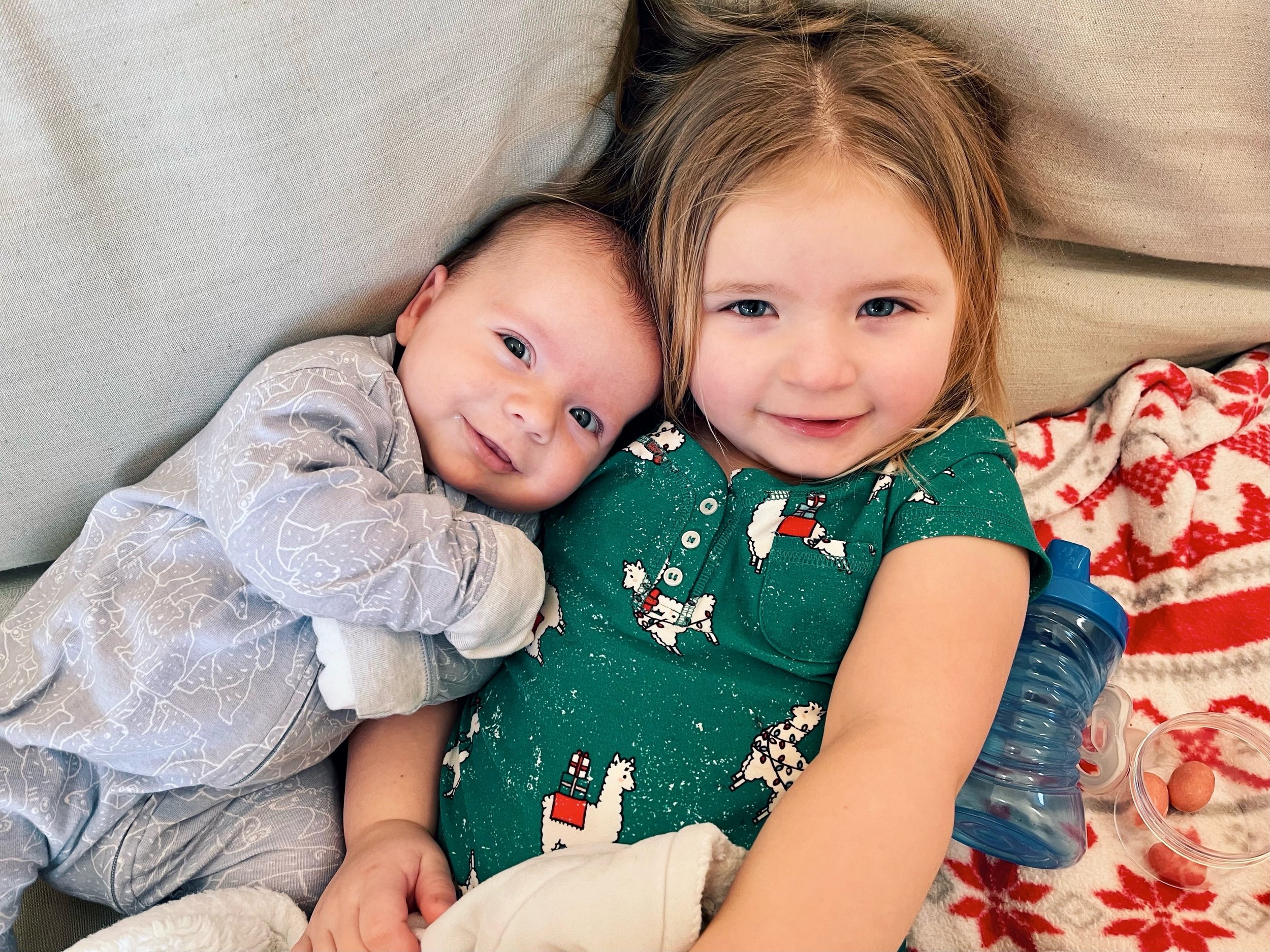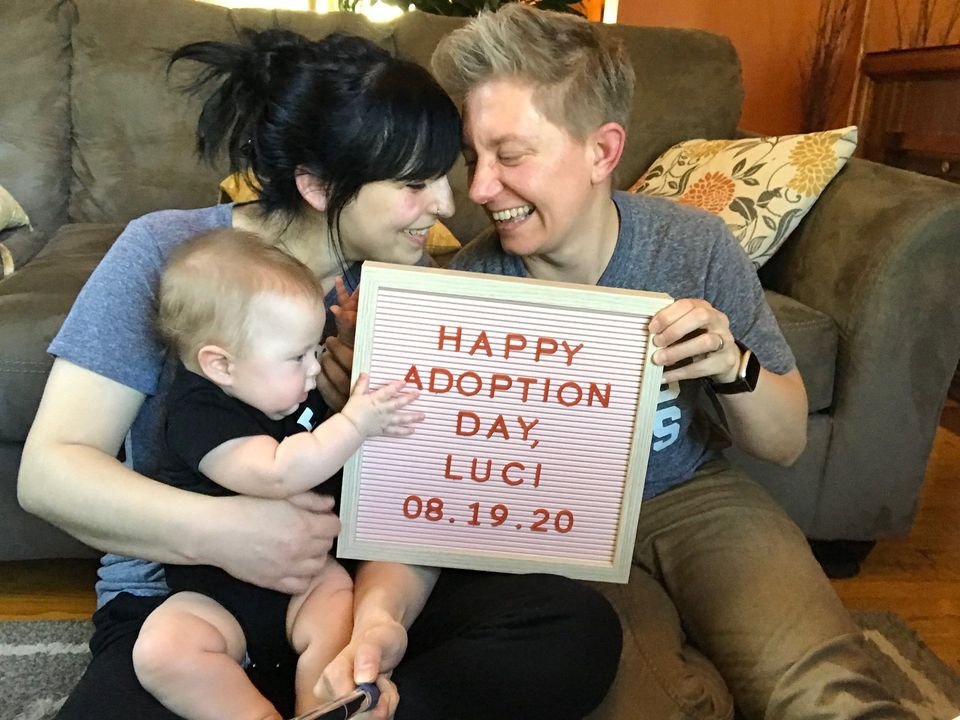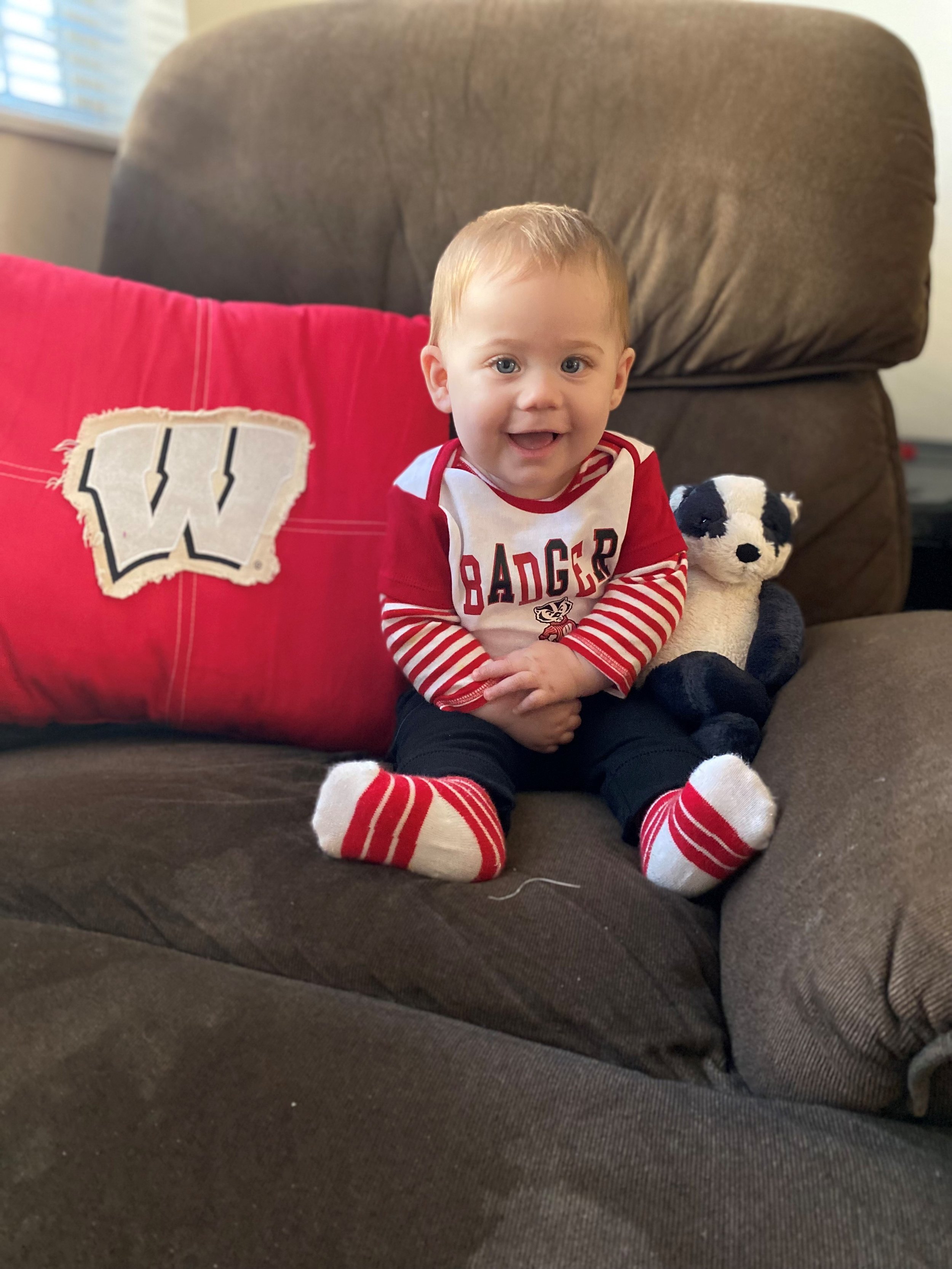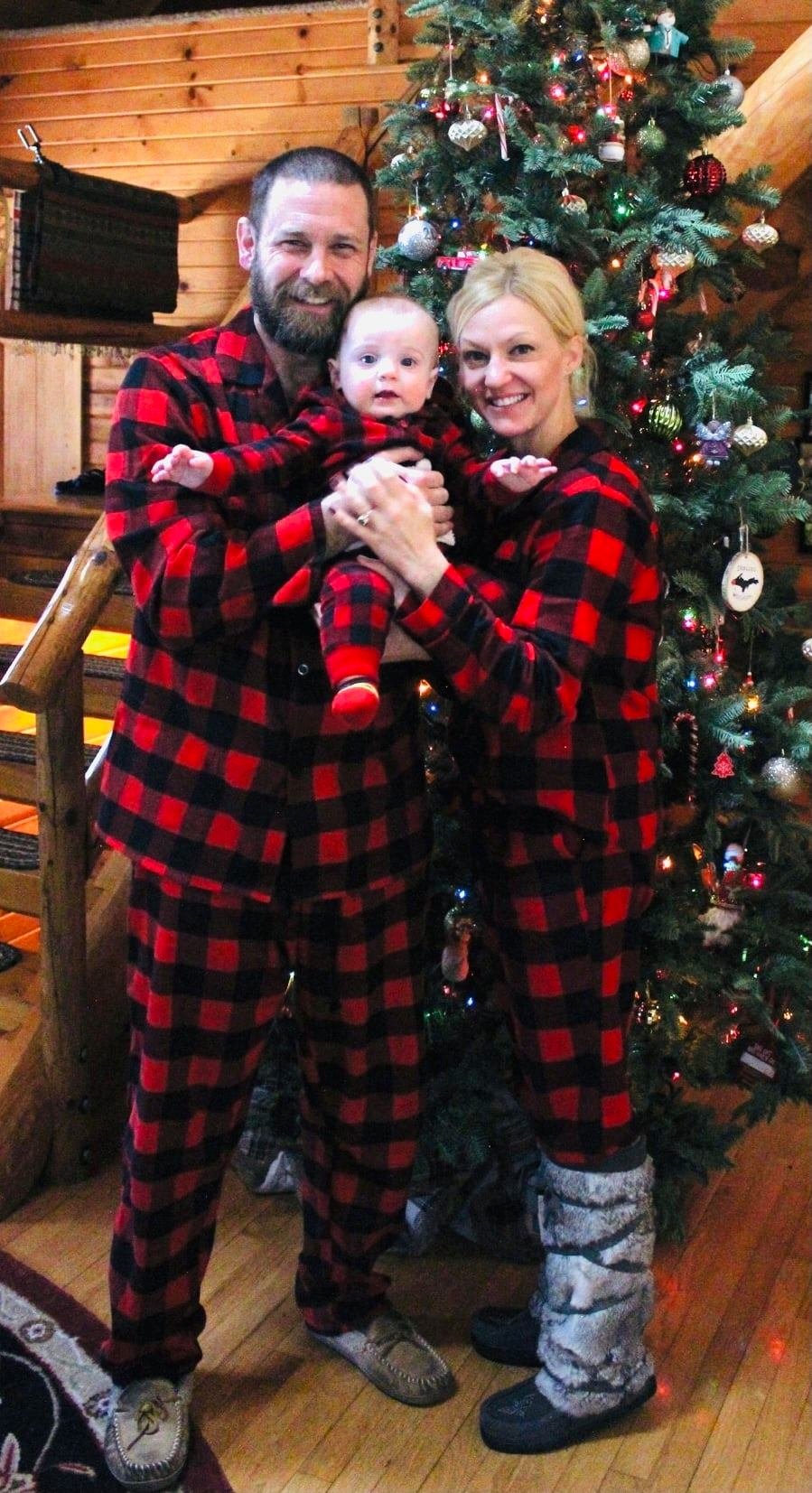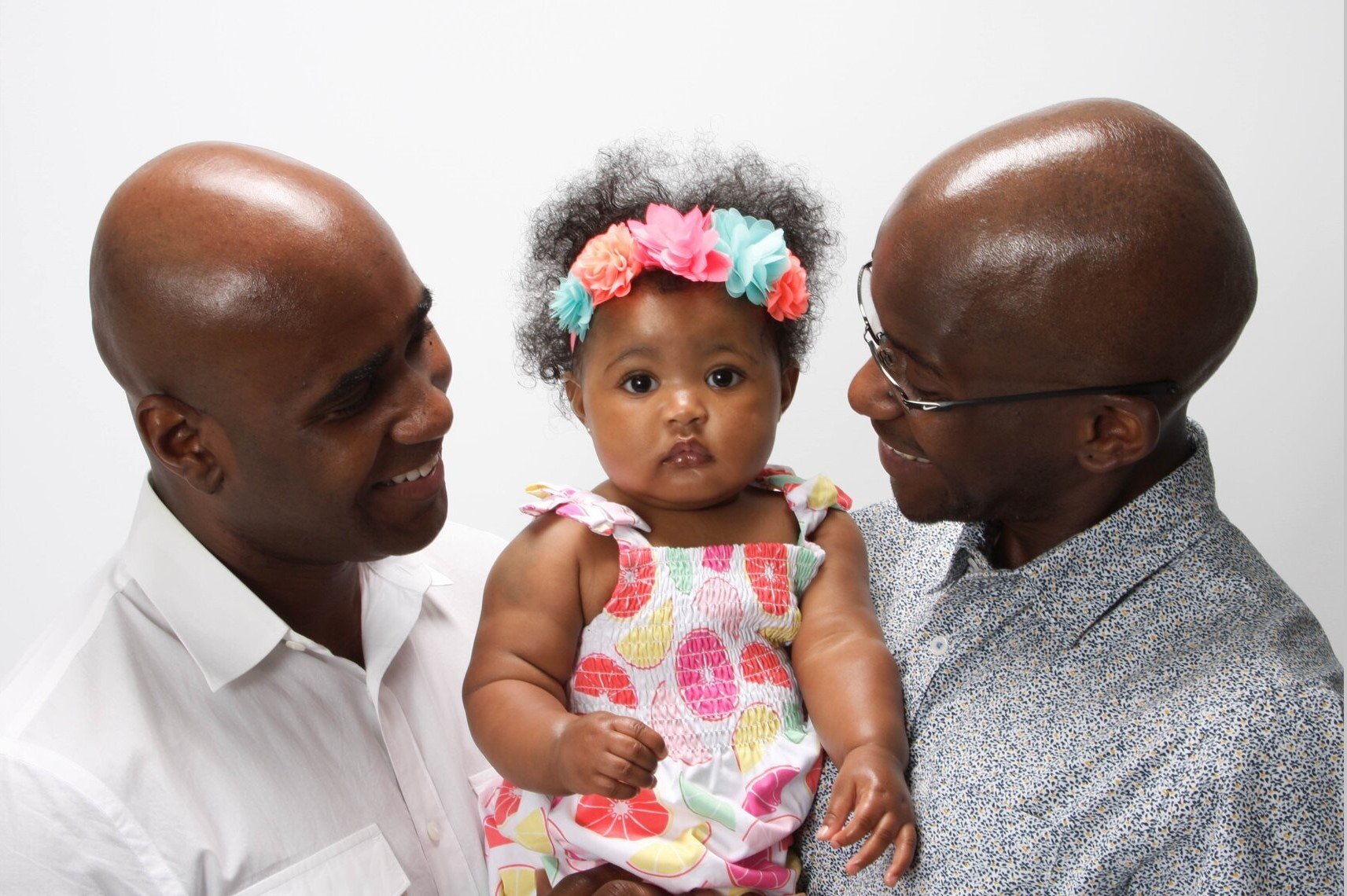Insights and Advice from Claire Schulz Bergman’s 17 Years of Experience Working in Adoption
/Although Claire has since retired from her position as the Executive Director, her lasting contributions to Adoptions of Wisconsin, Inc. are more than worthy of further recognition and praise. Caroline, one of our social workers, interviewed Claire to learn more about her experience and what inspired her to dedicate her career to social work in adoption. She shared invaluable insights and advice regarding adoption. Here’s what she had to say.
What sparked your interest in working in adoption?
I have adopted siblings and I wanted a job in social work that was meaningful and where I could tangibly see that my work mattered.
How long have you worked with Adoptions of Wisconsin?
Seventeen years.
What is your favorite thing about your job?
I really appreciate being invited into a person’s life during a very challenging period. I especially enjoy helping expectant birth parents make a plan that they can own and is empowering to them.
What is a misconception about adoption that you wish did not exist?
Adoption is not giving up on your child. Adoption is making the best, thoughtful decision with the information that you have at the moment to plan for your child. For adoptive families, it is not a second-best way to create a family it is just a different way to create a family.
What do you think is perpetuating those misconceptions?
I think that for expectant parents considering adoption, there’s a lot of pressure to parent because “you made your own bed, now you need to sleep in it” (i.e., you got yourself pregnant, now you have to deal with the consequences). This assumes that any decision other than parenting is “the easy way out.” This is incredibly untrue. Placing a baby is hard. It takes a lot of maturity, thoughtfulness and trust. Birth parents place their child for adoption because they believe it is the right choice for their child and themselves. So many people have an opinion on this but the only opinion that truly matters is the birth parents. Women must learn to trust themselves and when this happens, anything is possible. The messaging around adoption being an empowering choice has not been the one that has been more consistently spread by society. The message is more focused on rhetoric about “giving your baby up”. This narrative is untrue and harmful.
What do you think can be done to stop those misconceptions?
If birth parents were empowered to feel good about their decision and if they spoke out about it, then people would see that it is just another choice that you make for your life and there’s less stigma around it. At the same time, birth parents are not the only ones that need to speak up. The burden should not be placed on them to change the narrative. It is important for all people to speak up whenever they hear damaging statements about adoption.
How can we empower birth parents?
We can start using language that is positive for adoption. Instead of “giving up” use “placing” and understand that this is in no way “giving up” it’s investing in the lives of the child and the birth parent(s). We can start admiring birth parents for their difficult choices and recognize that placing a child for adoption is not “selfish”. We can honor birth parents by truly acknowledging that this decision is their choice. It is not right or wrong. It is just one of the many hard decisions people are faced with.
What are other ways we can support birth moms to feel more comfortable about their decisions?
I think if we just openly talked about women’s rights and reproduction without any kind of stigma around it at all and women’s empowerment then women would feel empowered to make the best choice for themselves and their baby. Instead they are conditioned to feel shame for their choices and look to outside opinions instead of looking inside and determining what is right for them. So in my work I encourage all parents, adoptive and birth parents, to really make the choice that feels the best for them, not based on what anybody else thinks but on what they think.
What would you like to tell all birth mothers or birth parents?
That adoption is a very difficult choice, but it is a loving choice and if it is something that they choose, and if they move forward and go through with it then they can do anything.
What would you like to tell all adoptive families?
To respect the birth mom in a way that is more than just on paper. And to not be afraid of openness. A birth mom who moves forward terminating her parental rights so you can adopt her child, is not going to just show up on your doorstep one day and want to be the child’s parent. She is choosing you for this. It is in the child’s best interest to have an open adoption so don’t be scared about it.
Why is it in the child’s best interest to have an open adoption?
Because the more they know about where they came from the more they are going to grow up in a very healthy way. This includes:
Identity– Open adoption provides adopted children with the ability to answer identity questions that they may not have answers to otherwise.
May lessen a sense of abandonment – having the ability to talk to a birth parent, may help the child understand the reasons behind being place for adoption and lessen a sense of abandonment from his/her birth family.
Child will have medical history – many people who were adopted in a closed situation do not have medical information that is available to children in open adoptions.
What are other ways to respect a birth mom besides openness?
Speak positively about a birth parent no matter what the situation is. Don’t share a birth parent’s life story with everyone around you because that is their story to tell and the child’s story to tell. But be very open with the child about the birth parents’ story because it is necessary for the child to know accurately what went into the decision to place the baby for adoption. But don’t share it with all of your extended family and friends because it is not helpful, for example, for the child to find out from Cousin Jane that their mom was addicted to drugs. They should be finding that out from you or from the birth mom.
What would you like to tell all adoptees?
You have a right to know your biological history and if you are at all interested you have a right to search. You have a right to ask your adoptive parents about your birth history and don’t be afraid to ask about it.
What does it mean to use positive adoption language?
Positive adoption language talks positively about adoption. It talks about placement rather than giving up. It takes the word adopted out and instead of natural baby and adopted baby it is just your baby.
What do you think makes this agency an ethical adoption agency?
I think this agency is a great adoption agency because we are very inclusive. We serve all sorts of families. We provide excellent counseling to both expectant parents and adoptive parents. We care about your family both expected and adopted. We are small so we can respond to questions and inquiries quickly and we are very hands-on with our expectant parents.
What is the agency working on doing better to support people?
We are working on figuring out how to better support adoptive parents when they are waiting through waiting families’ groups and just information that we give out or checking in periodically. For birth parents or expectant parents we are constantly looking for resources to connect with as far as peer support and other positive adoption support and we also are very supportive of an expectant parent choosing to parent and we will connect that person with whatever resources might be helpful in her parenting plan.
What is your favorite thing about working at Adoptions of Wisconsin agency?
It is small and we are very caring women. We are a woman run agency that is local and is empowering for women.
